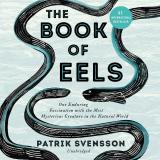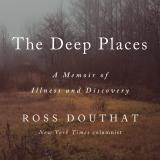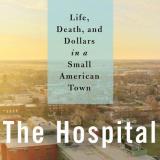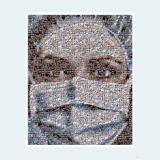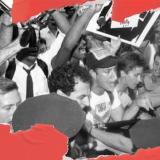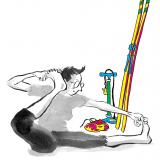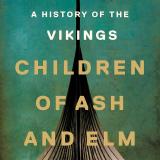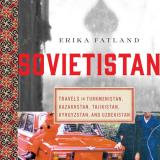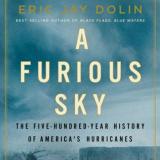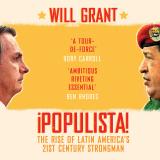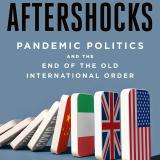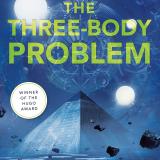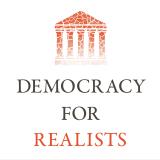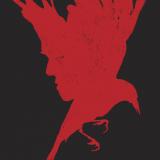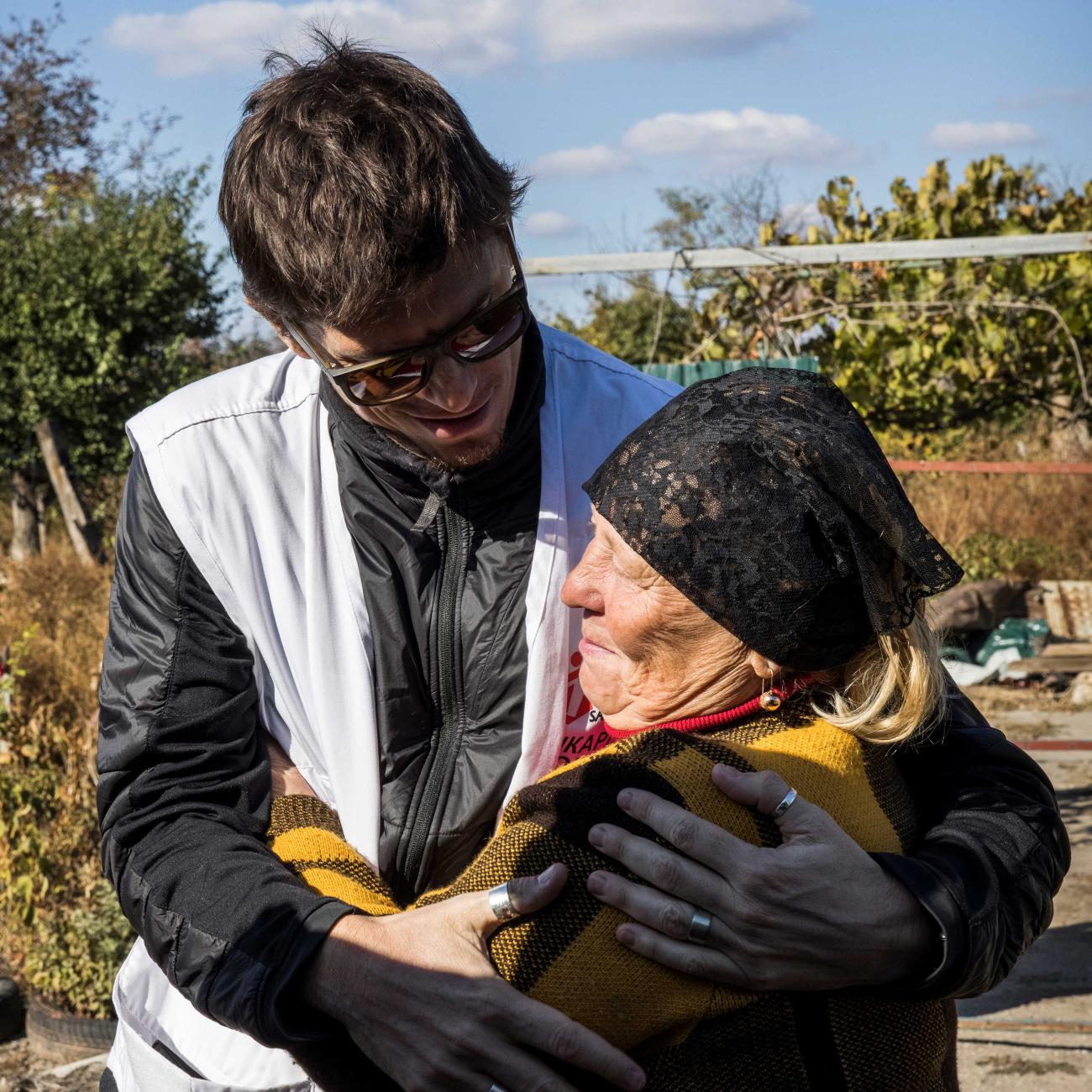2021 was another year for the books. Our Council on Foreign Relations colleagues kept busy covering events of the past twelve months—from the COVID-19 pandemic and its many variants, to the crisis of chronic illnesses, to the Taliban takeover in Afghanistan.
When away from work, though, one of their favorite pastimes was to read. Whether listening to an audio book while commuting, flipping through pages of a favorite hardcover before turning out the lights at night, or curling up with a book on the weekend, our coworkers all agree that this year, reading helped them escape from the constant hum of news, engage with new ideas, and gave them hope for the coming year.
Here, we're sharing some of their favorite titles with you.
15 Best Book Picks from CFR Staff
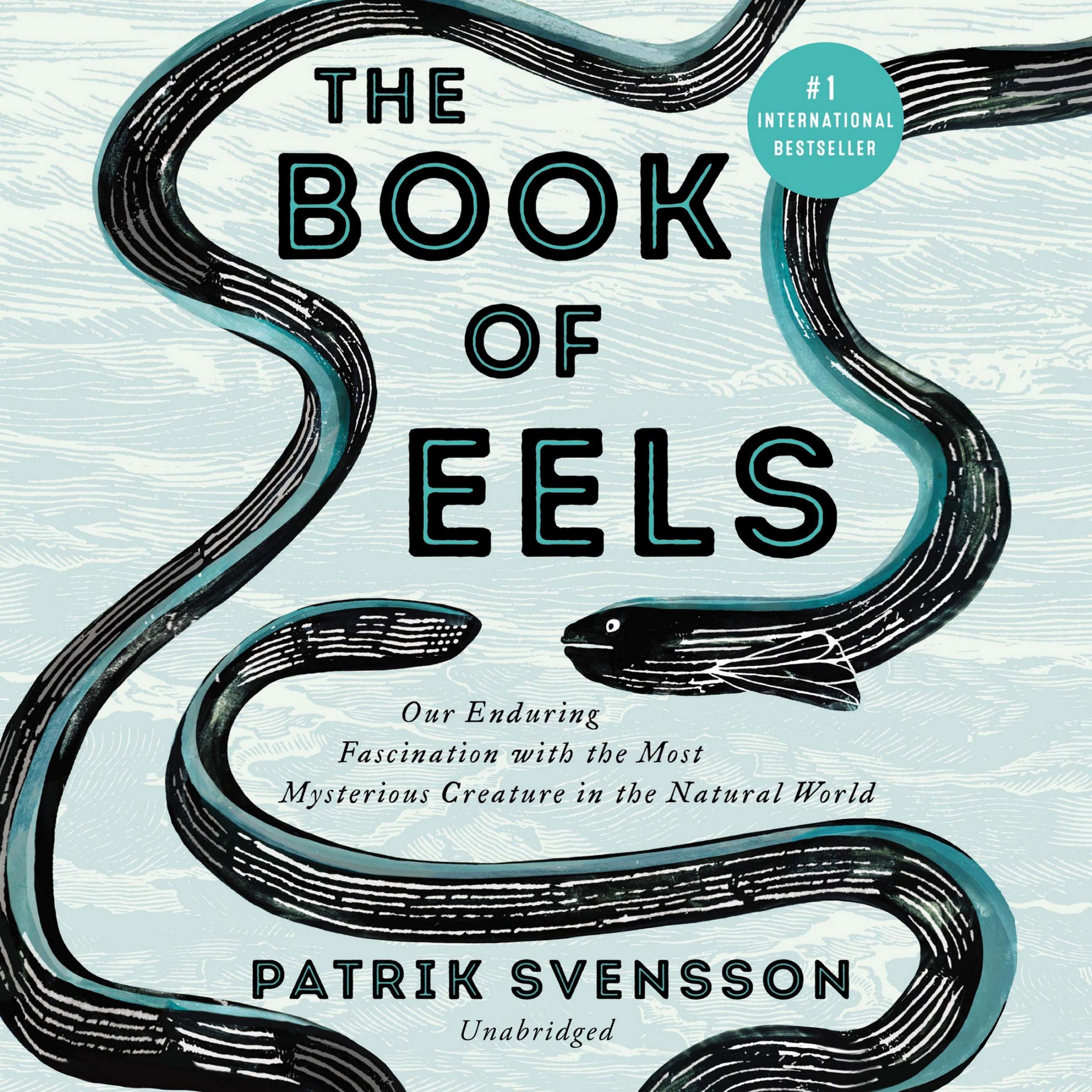
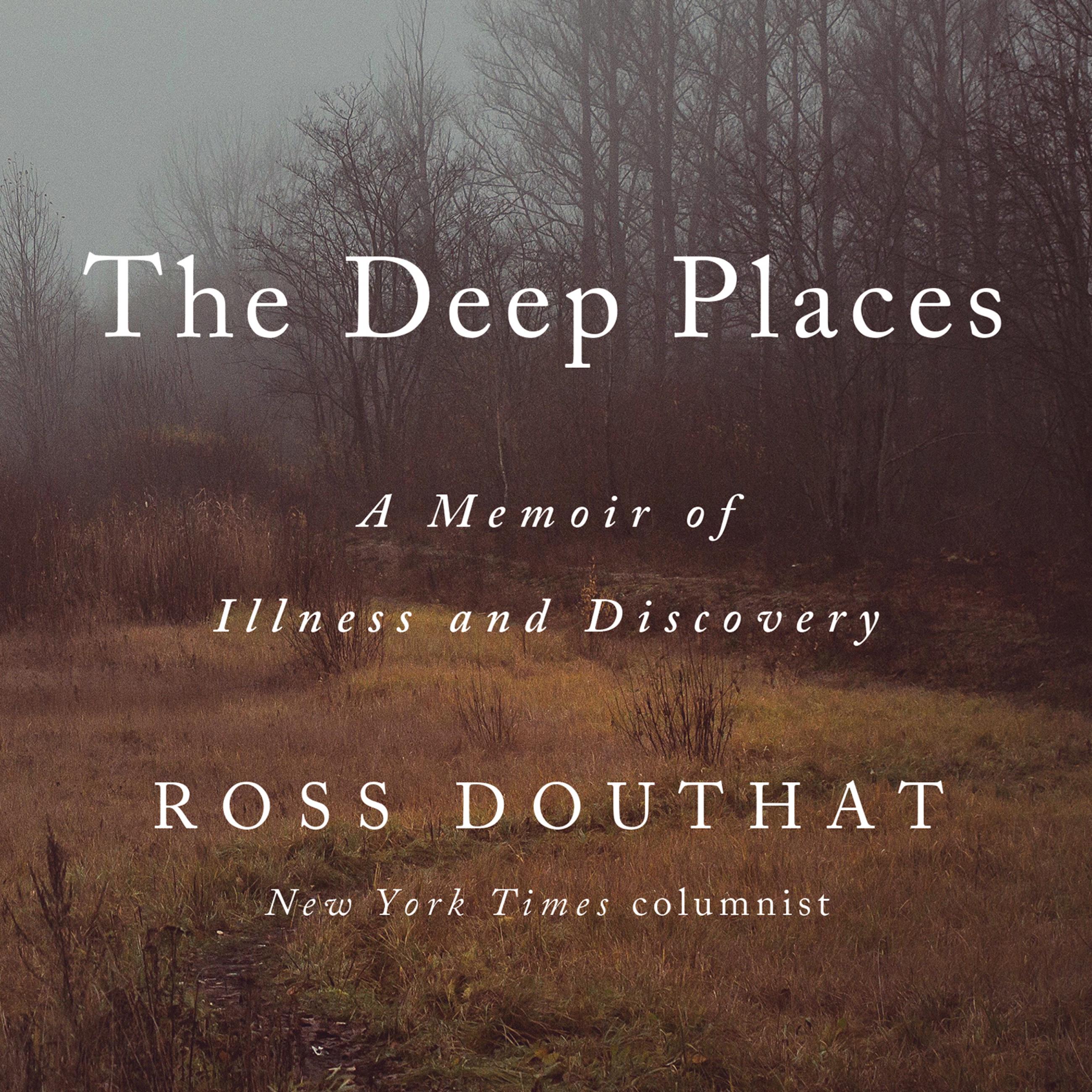

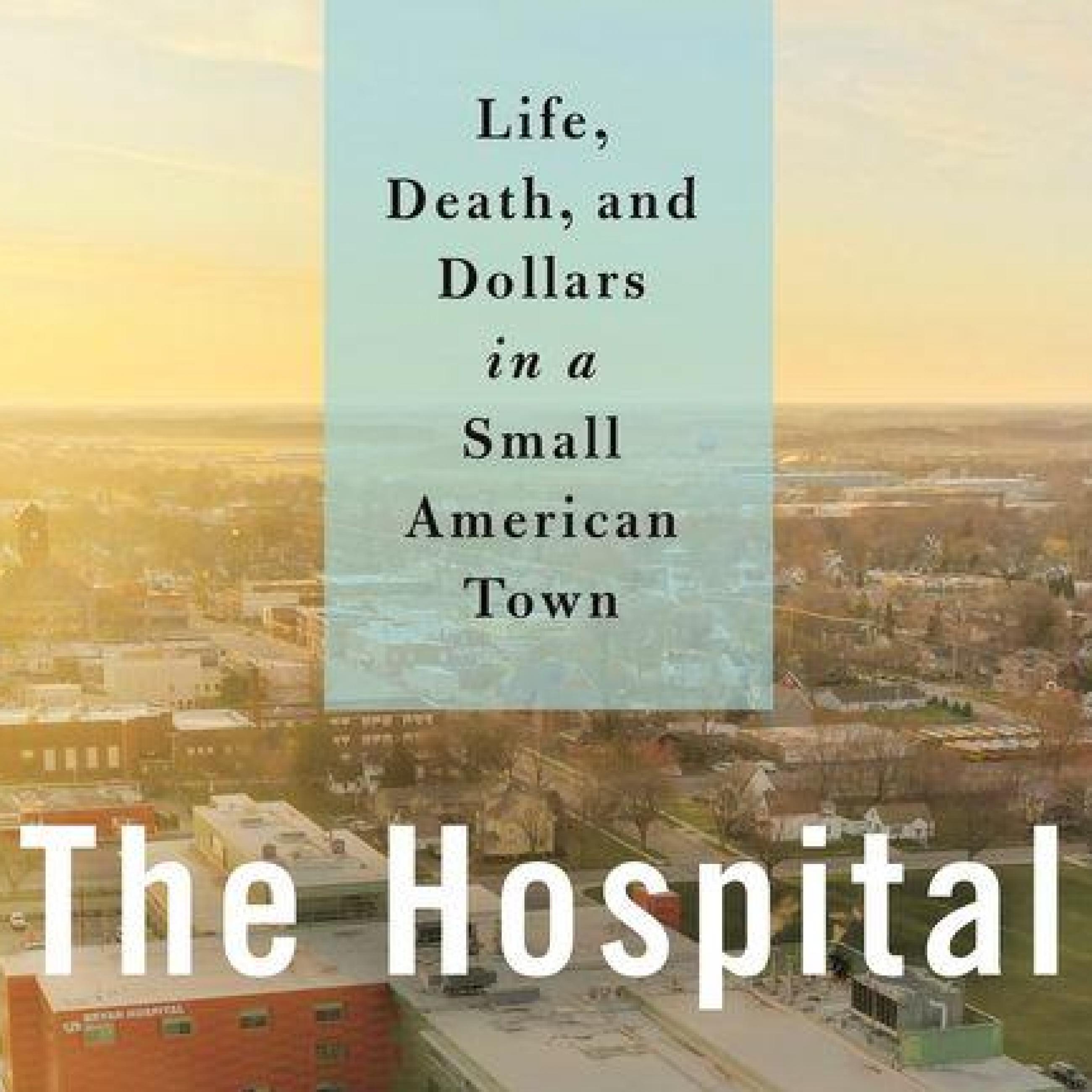



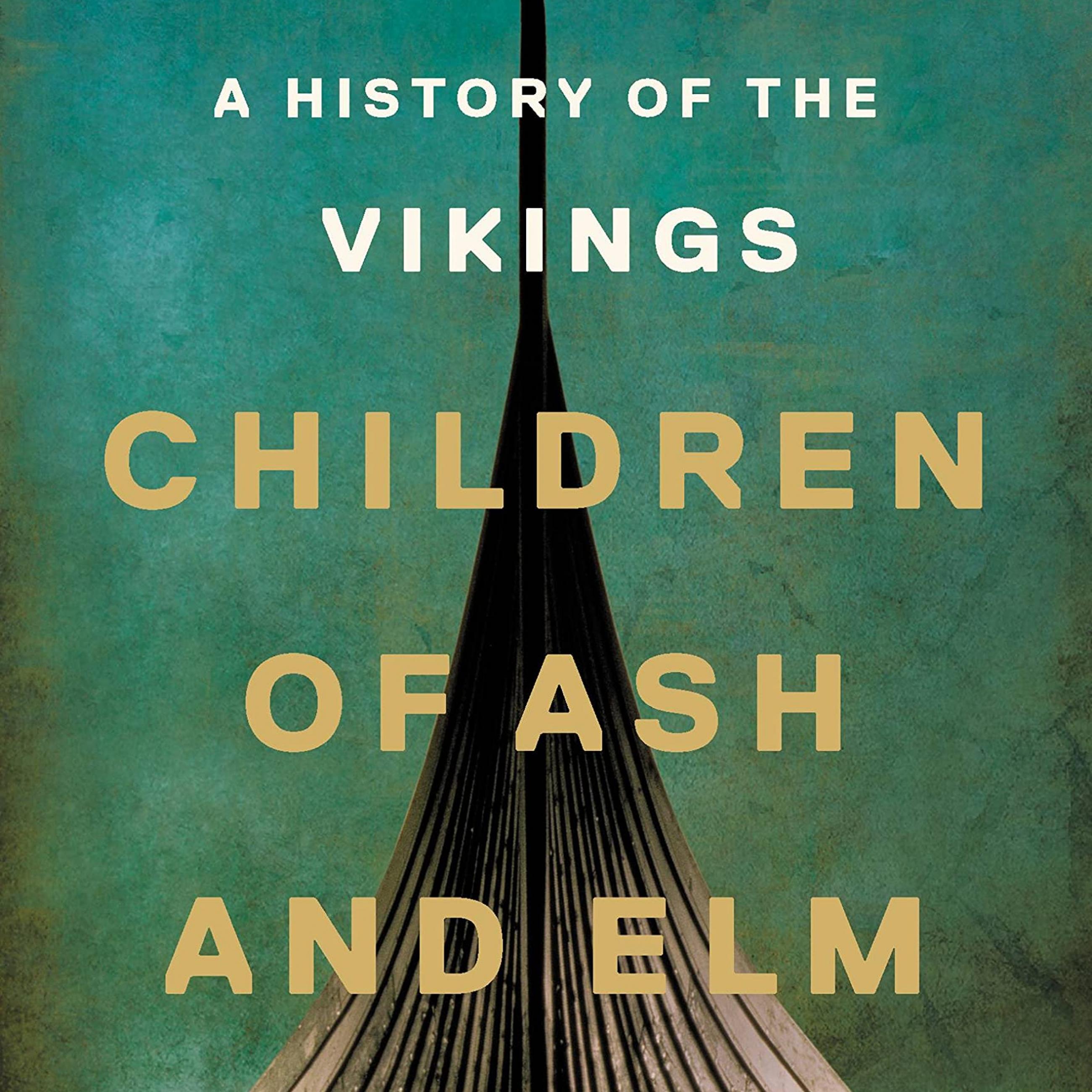
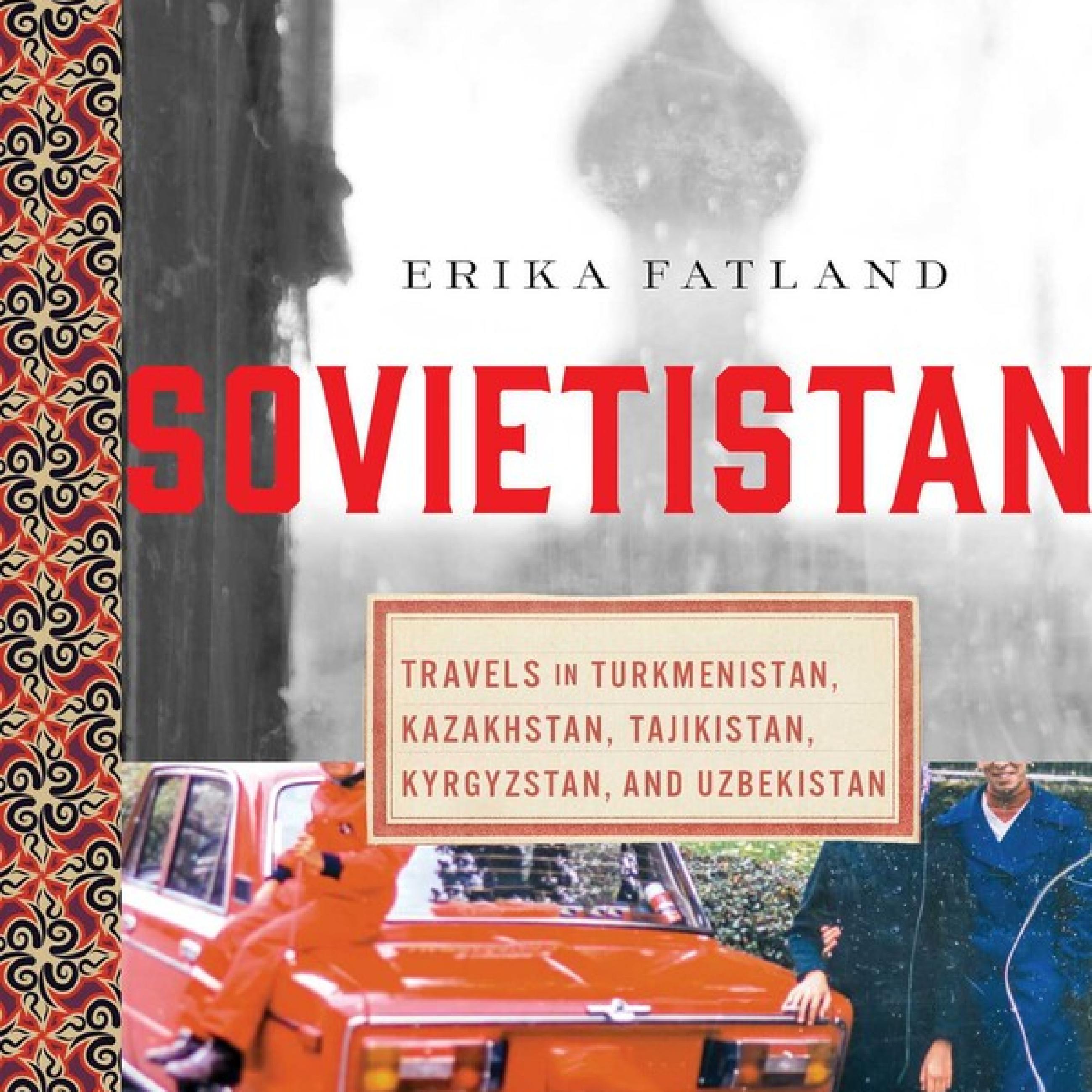
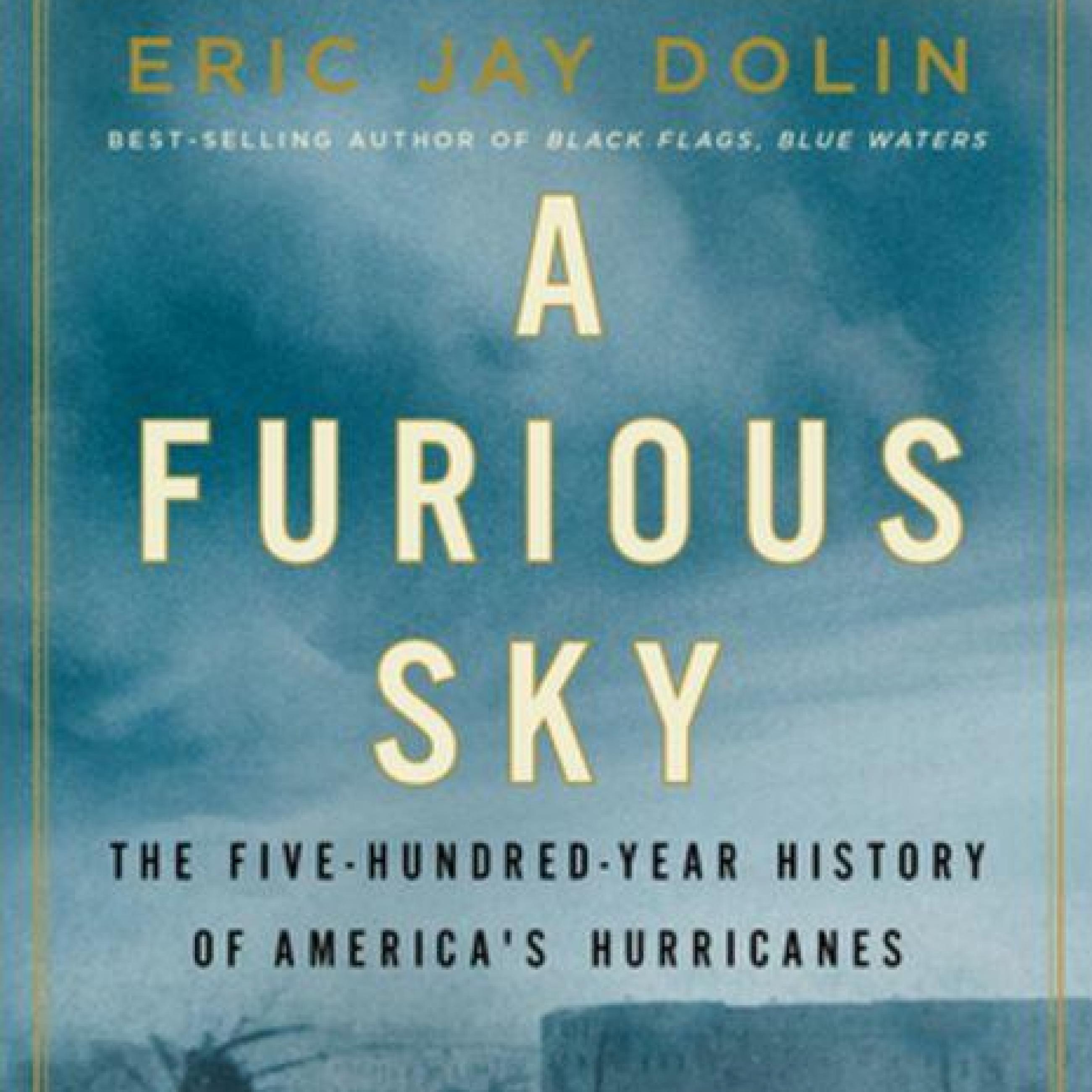
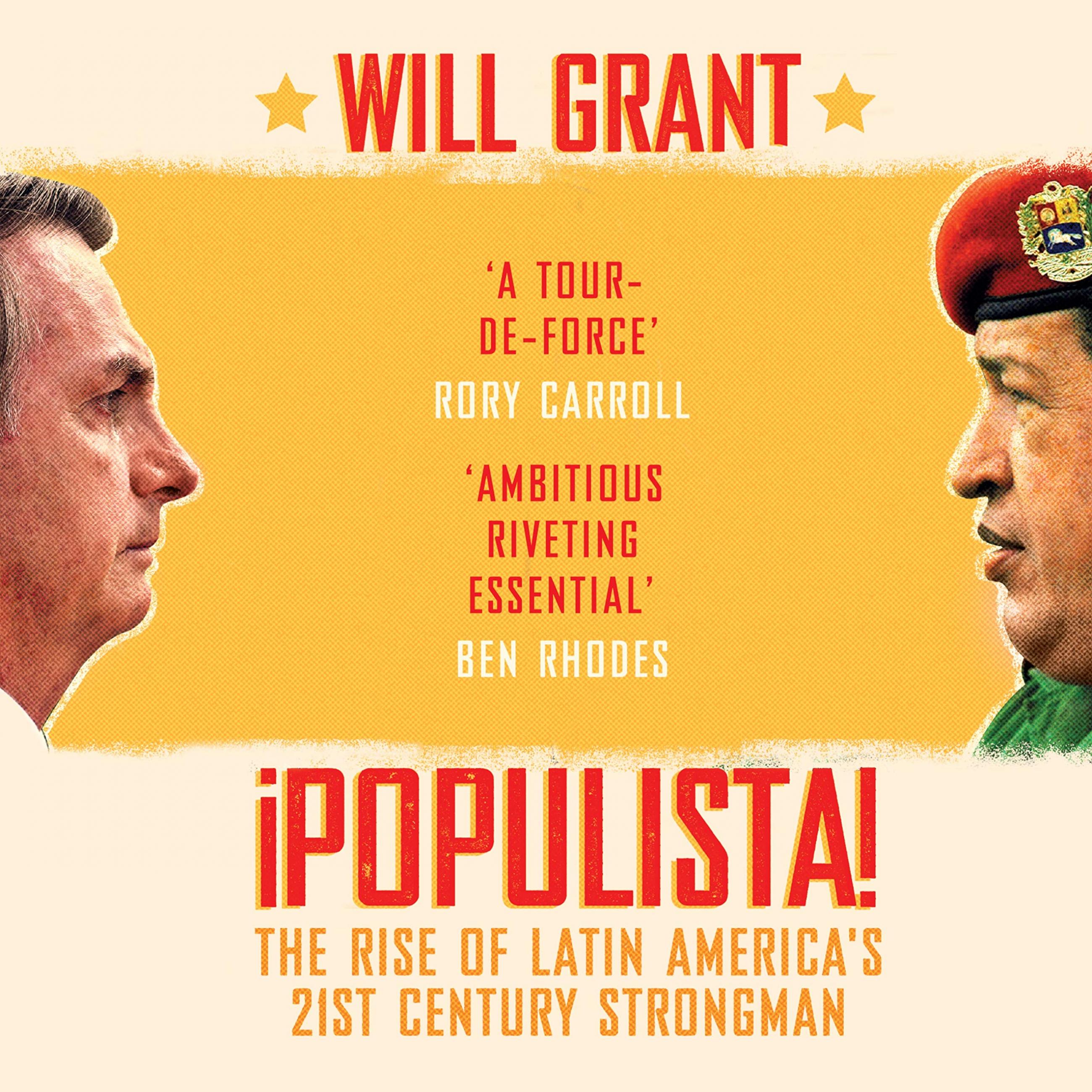
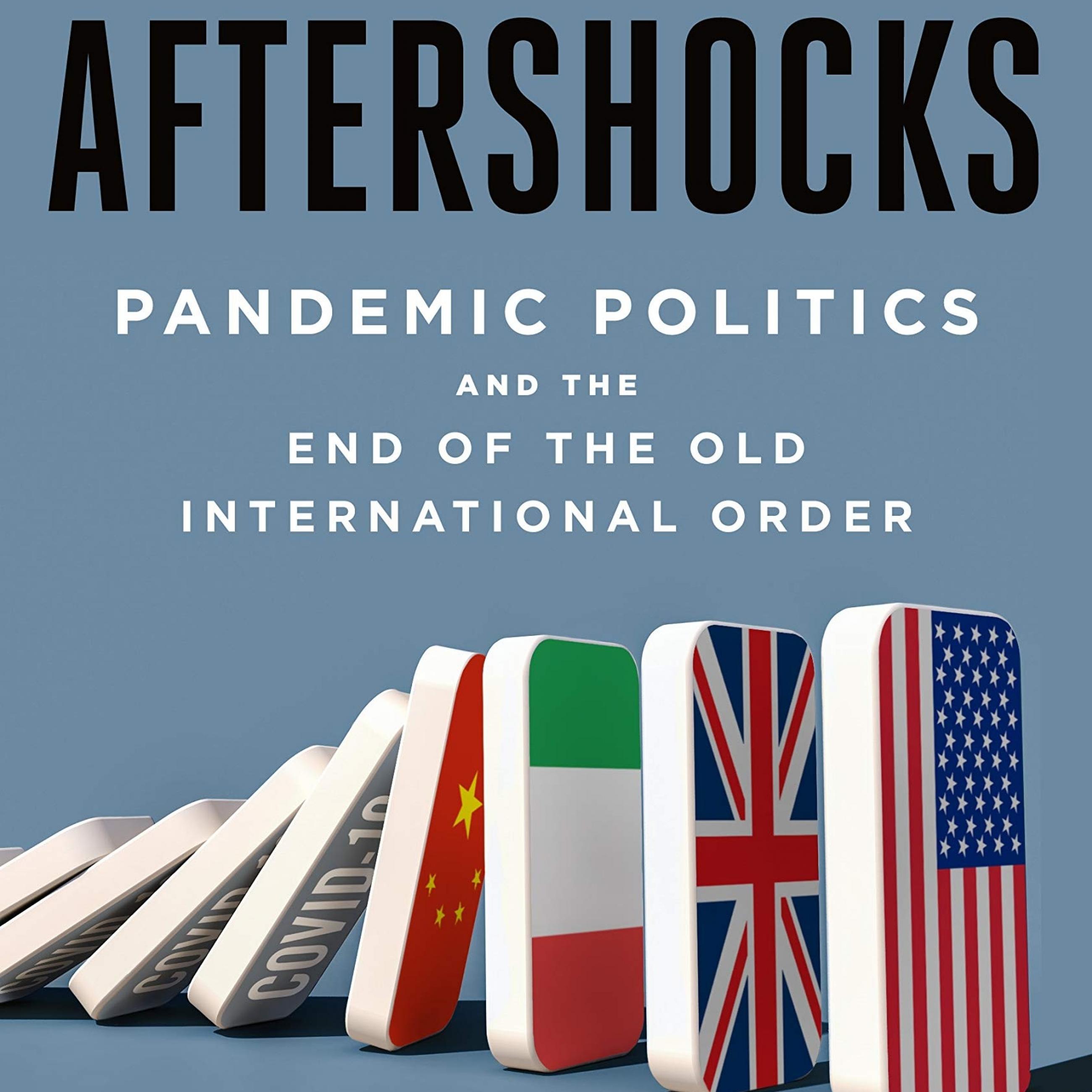
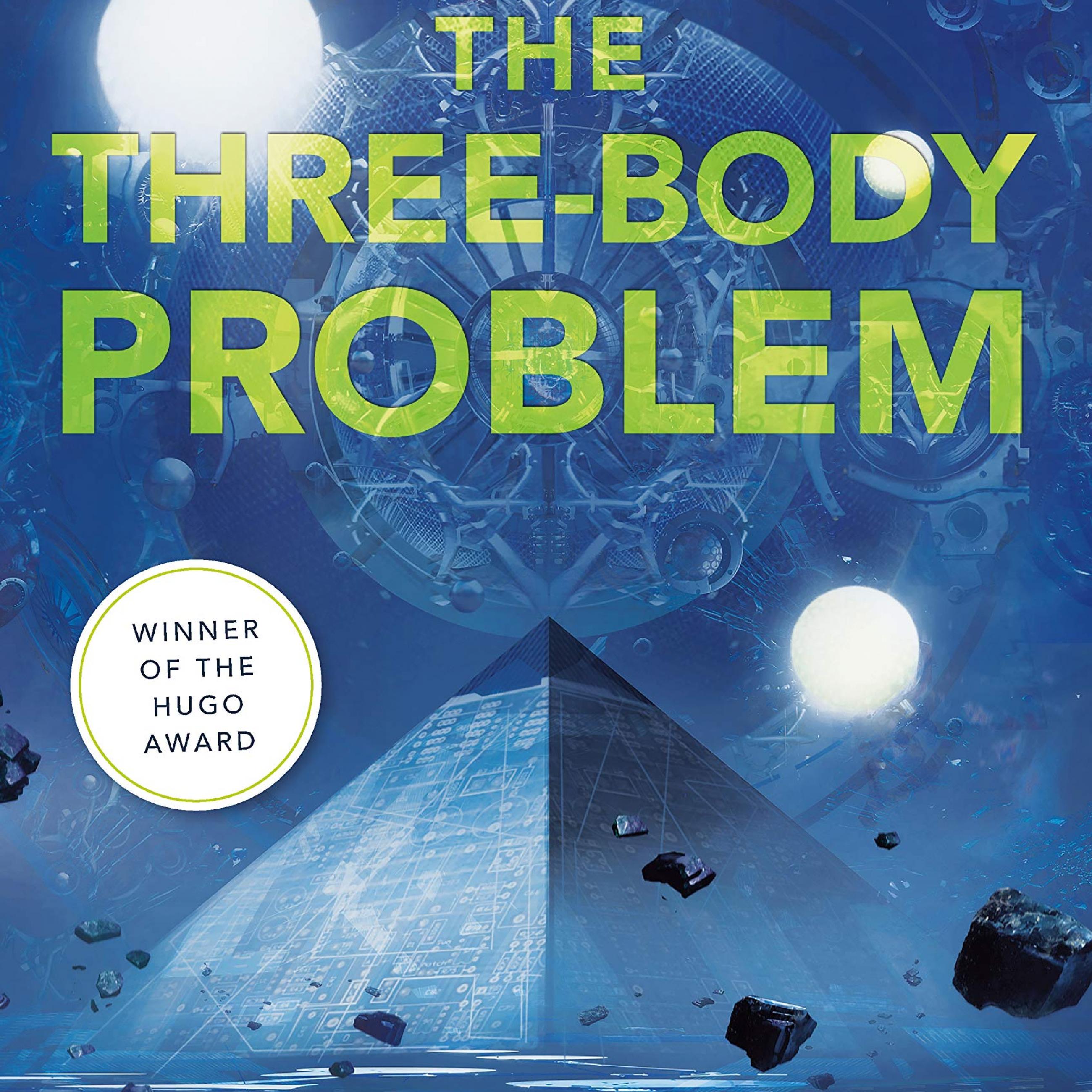
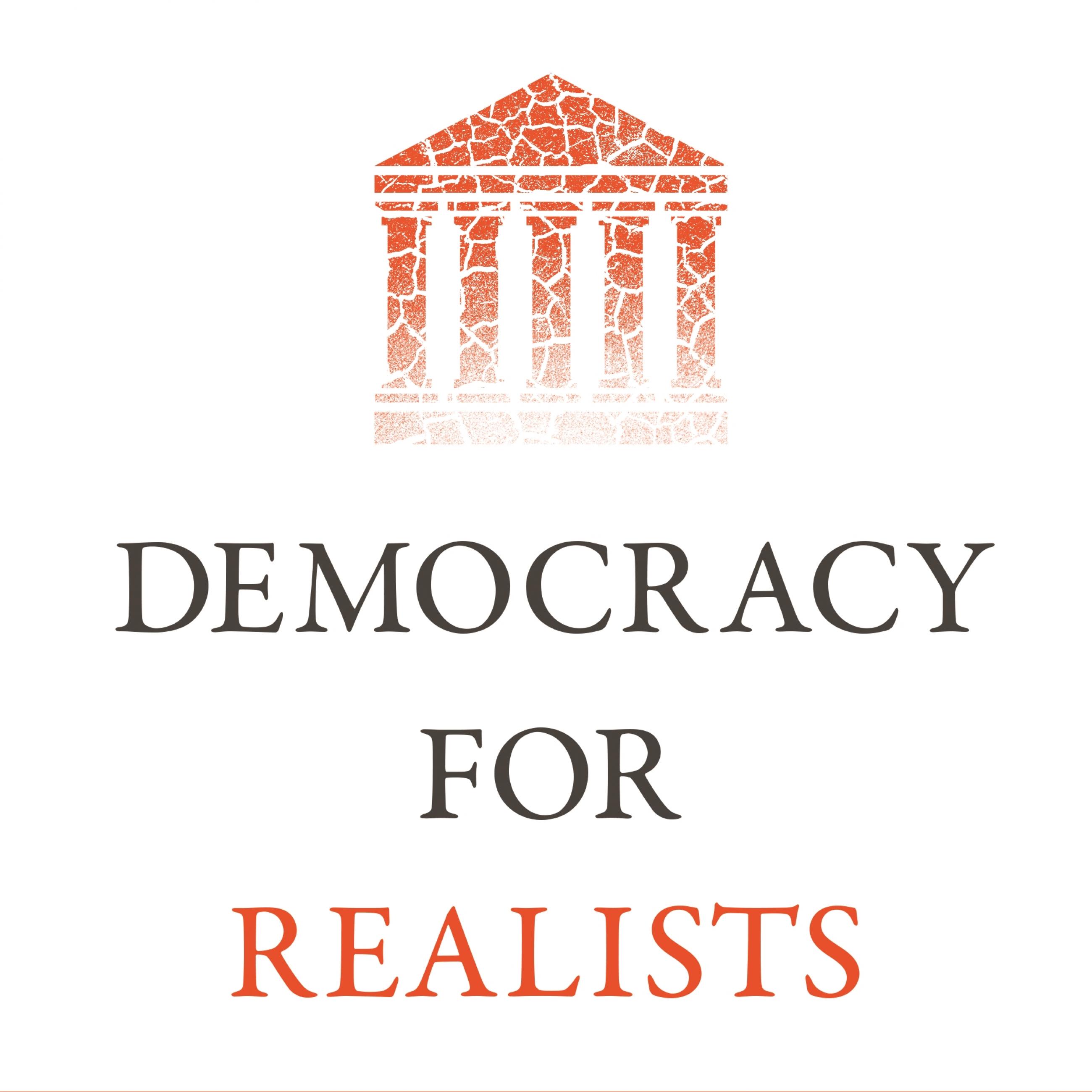
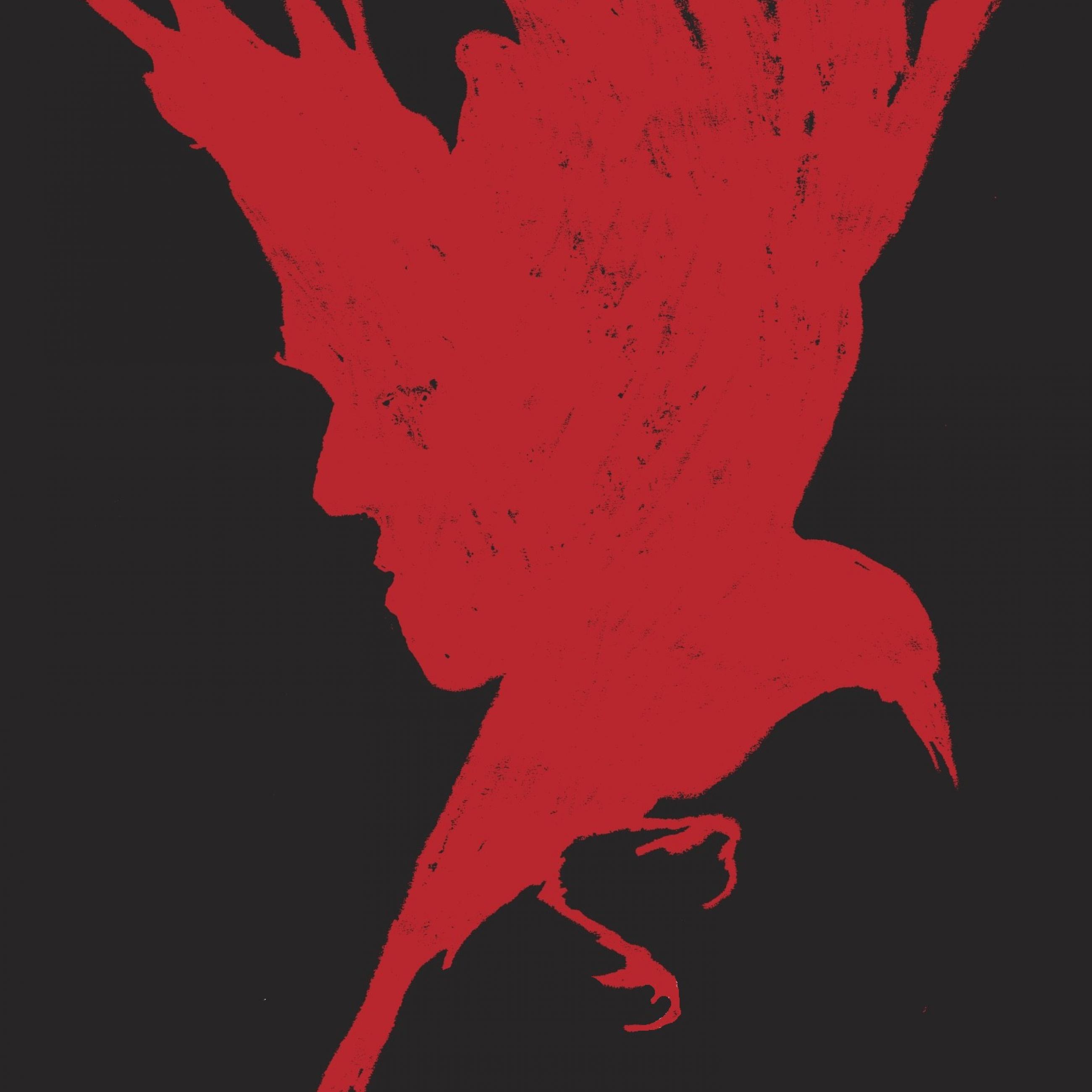
Book of Eels: Our Enduring Fascination with the Most Mysterious Creature in the Natural World
by Patrick Svensson
Eels have captivated humans for centuries and great thinkers from Aristotle to Freud have pondered the origins of these fish. In his latest book, Patrick Svensson seeks to understand the mystery of eels and in doing so, reveals truths of the human condition.
Recommended by Tom Frieden, senior fellow for global health at the Council on Foreign Relations.
The Deep Places: A Memoir of Illness and Discovery
by Ross Douthat
A New York Times columnist chronicles his journey with a chronic illness that doesn't have an official name and the constraints of modern medicine.
Recommended by Joshua Kurlantzick, senior fellow for Southeast Asia at the Council on Foreign Relations
Empire of Pain: The Secret History of the Sackler Dynasty
by Patrick Radden Keefe
Following the success of his 2017 piece in the New Yorker, Patrick Radden Keefe chronicles three generations of the infamous Sackler dynasty, Purdue Pharma, and the OxyContin scandal.
Recommended by Joshua Kurlantzick and Michelle Gavin, the Ralph Bunche senior fellow for Africa policy studies at the Council on Foreign Relations
The Hospital: Life, Death and Dollars in an American Town
by Brian Alexander
Thanks in part to flawed health systems, corporate greed, and the COVID-19 pandemic, Americans are in poorer health and dying younger. Brian Alexander walks readers through the U.S. health-care system in plain language and demonstrates how the odds are stacked against patients.
Recommended by Joshua Kurlantzick
Voices from the Pandemic: Americans Tell Their Stories of Crisis, Courage, and Resilience
By Eli Saslow
An overwhelmed coroner in Georgia, a Maryland-based restaurateur forced to close his business after forty-six years, and rural residents dismissing the pandemic as a hoax. Eli Saslow paints a picture of Americans—and their desperation and resilience—over the course of the last twenty months.
Recommended by Joshua Kurlantzick
Let the Record Show: A Political History of ACT UP New York, 1987–1993
by Sarah Schulman
Compiling over two hundred interviews and twenty years of work, Sarah Schulman explores how the ACT UP coalition changed the course of American history and the trajectory of AIDS activism.
Recommended by Dominic Bocci, director of studies grant management in the David Rockefeller Studies Program at the Council on Foreign Relations
The Secret to Superhuman Strength
by Alison Bechdel
From Alpine skiing to group cycling classes, Alison Bechdel chronicles her lifetime journey with fitness in a graphic novel, revealing that the secret to superhuman strength doesn't lie in six pack abs, but in our interdependence with others.
Recommended by Dominic Bocci
Children of Ash and Elm: A History of the Vikings
by Neil Price
Despite the larger-than-life and often romanticized depictions we've seen in movies and other media, Vikings never had the opportunity to tell their own truth. Neil Price seeks to change that, opting instead to tell the real story of Vikings by highlighting their ideas, practices, and beliefs beyond what we see on-screen.
Recommended by David P. Fidler, senior fellow for global health and cybersecurity at the Council on Foreign Relations
Sovietistan: A Journey Through Turkmenistan, Kazakhstan, Tajikistan, Kyrgyzstan and Uzbekistan
by Erika Fatland
Traveling across Central Asia, Erika Fatland takes readers alongside her journey through the former Soviet States highlighting their cultural similarities as well as their incongruities.
Recommended by Samantha Kiernan, program coordinator for global health at the Council on Foreign Relations
Furious Sky: The Five-Hundred-Year History of America's Hurricanes
by Eric Jay Dolin
From the colonial era to the present, hurricanes have had a profound, yet underreported, impact on American history. Historian Eric Jay Dolin gives a new perspective of these storms and the way they could shape our future.
Recommended by Samantha Kiernan
Populista: The Rise of Latin America's Twenty-First Century Strongman
by Will Grant
The "Pink Tide" was one of the most important political moments in the twenty-first century, shifting Latin America to the left and fueling populist movements. Almost two decades later, its effects are profound and have left many countries in the hands of authoritarian leaders. Will Grant explains how Hugo Chávez, Evo Morales, and others came to power through this wave and what their leadership meant for the trajectories of their countries.
Recommended by Samantha Kiernan
Aftershocks: Pandemic Politics and the End of the Old International Order
by Thomas Wright and Colin Kahl
As summarized by CFR senior fellow David P. Fidler, "Aftershocks is an impressive political history of the COVID-19 pandemic to date. It weaves together insights from the 1918-19 influenza pandemic, extensive research on COVID-19's global consequences, and Thomas Wright's and Colin Kahl's deep understanding of international politics."
Recommended by Yanzhong Huang, senior fellow for global health at the Council on Foreign Relations
The Three Body Problem
by Liu Cixin
Following the murder of her father by a group of teenagers during the Cultural Revolution, Ye Wenjie, the novel's protagonist, becomes disgusted by humanity. As an adult, she finds herself working against her will as a scientist for the Chinese Communist Party, where she hijacks a government program to establish contact with aliens in a bid to convince them to invade earth. What ensues is a sci-fi blend of Chinese culture and history.
Recommended by Thomas J. Bollyky, director of the global health program and senior fellow for global health, economics, and development at the Council on Foreign Relations
Democracy for Realists: Why Elections Do Not Produce Responsive Government
by Christopher H. Achen and Larry Bartels
Donald Trump's 2016 presidential victory came as a surprise to many—not only was he viewed as a political outsider but his campaign was founded on xenophobia, braggadocious claims, and personal scandals. Christopher H. Achen and Larry Bartels discuss how Trump's win impacted democracy both on U.S. soil and abroad, and its implications for global stability.
Recommended by Thomas J. Bollyky
The Orenda
by Joseph Boyden
Diving into mid-seventeenth century Canada, Joseph Boyden recounts how the arrival of Europeans on native lands disrupted the way of life for indigenous people and the carnage that followed.
Recommended by Thomas J. Bollyky

